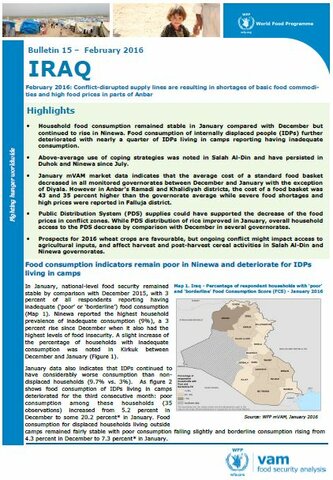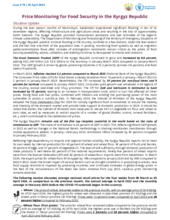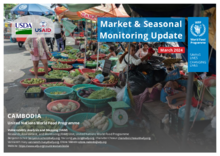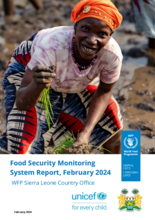
- Household food consumption remained stable in January compared with December but continued to rise in Ninewa. Food consumption of internally displaced people (IDPs) further deteriorated with nearly a quarter of IDPs living in camps reporting having inadequate consumption.
- Above-average use of coping strategies was noted in Salah Al-Din and have persisted in Duhok and Ninewa since July.
- January mVAM market data indicates that the average cost of a standard food basket decreased in all monitored governorates between December and January with the exception of Diyala. However in Anbar’s Ramadi and Khalidiyah districts, the cost of a food basket was 43 and 35 percent higher than the governorate average while severe food shortages and high prices were reported in Falluja district.
- Public Distribution System (PDS) supplies could have supported the decrease of the food prices in conflict zones. While PDS distribution of rice improved in January, overall household access to the PDS decrease by comparison with December in several governorates.
- Prospects for 2016 wheat crops are favourable, but ongoing conflict might impact access to agricultural inputs, and affect harvest and post-harvest cereal activities in Salah Al-Din and Ninewa governorates.
| Document | File |
|---|---|
| Bulletin #15:Conflict-disrupted supply lines are resulting in shortages of basic food commodities and high food prices in parts of Anbar, February 2016 |
HTML | 28 bytes
Download
|



